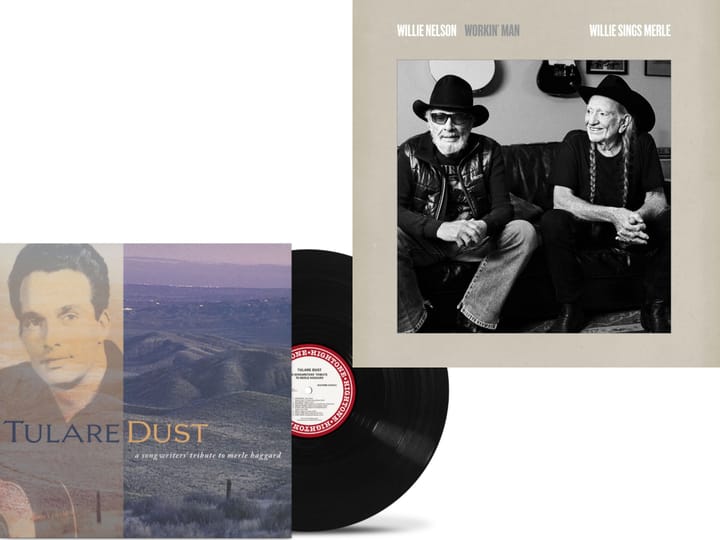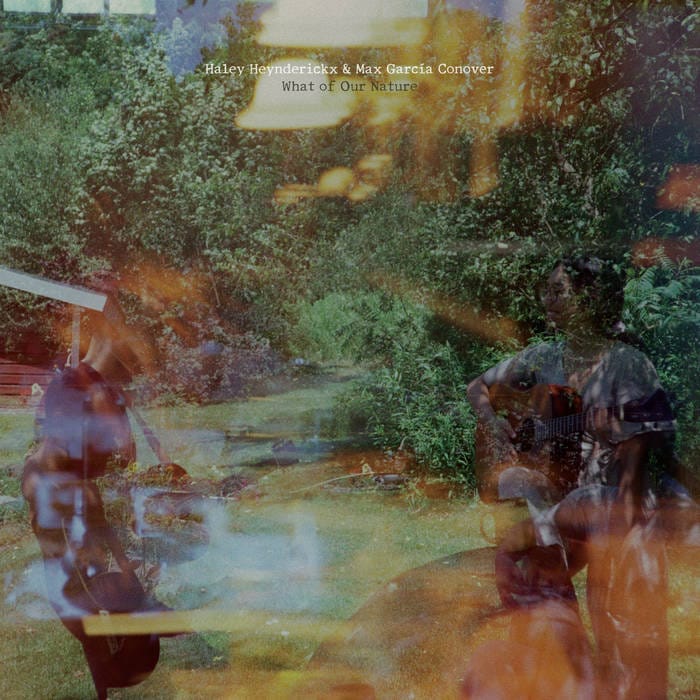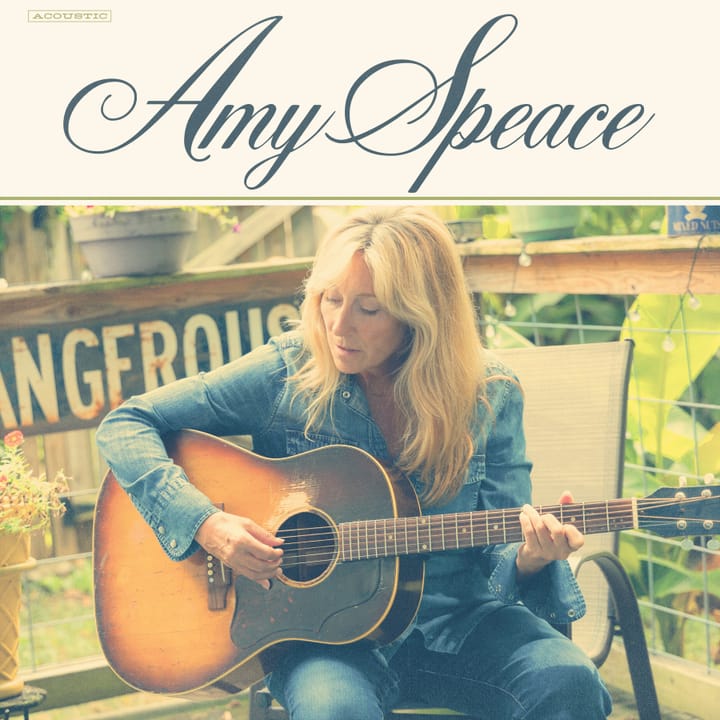Pete Seeger flunked out of college because of his banjo obsession, and along with Earl Scruggs, he became one of the instrument's most influential pickers. Unlike Scruggs, however, he wasn't devoted to virtuosity; music always had, for Seeger, a political utility. But he was a craftsman, and his legacy in the folk revival is second only to Bob Dylan. His voice was smooth and buoyant, but he could convey passion and realism, and he shaped American music beyond just the borders of the revival. His picking, for instance, was a primary source for Bill Keith, one of Bill Monroe's most distinctive and talented banjo players.
This two-CD set -- the first of what may be a total of four volumes -- is fascinating, touching, and uneven. And it serves as an important reminder of how many good songs Seeger has penned. Beyond the topical material, much of which came and went like leaflets at a demonstration, Seeger's work has a core of universality. When he took a passage from Ecclesiastes and set it to a simple melody, he wrote a great folk song; when the Byrds reworked "Turn, Turn, Turn", they fashioned a great pop song.
Those transformations are every where on this album, and most work well. Dick Gaughan turns in a blistering, solo acoustic version of "Waist Deep In The Big Muddy", Greg Brown sings a robust "Sailing Down My Golden River", Richie Havens charges through "Of Time And Rivers Flowing", Guy Davis squeezes all the blues from "False From True", and Cordelia's Dad offers a hieratic, deep folk version of "How Can I Keep From Singing". Such songs, offered with understated accompaniment and tough vocal energy, best counteract the relentlessly earnest lyrics.
What's missing from this collection is a full picture of Seeger's radicalism. His best single album may be American Industrial Ballads, a record every bit as good as Woody Guthrie's Struggle. There's plenty of protest here -- including Bruce Springsteen's tender handling of "We Shall Overcome" -- but little of Seeger's blues-based social realism.
Seeger also has written hundreds of children's songs. In a sense, he approached all songs as songs for children: Melodies should be hummable, the lyrics simple, the themes optimistic, often innocently so. It's hard to imagine some grownups being much taken with Tim Robbins doing "All My Children Of The Sun" or Donovan's "My Rainbow Race", but as kids' tunes go, they're effective.
For those who aren't by nature averse to pop or the subtle subversions of the singer-songwriter genre, this collection will afford surprising pleasures. Yet as with Seeger's own recordings, thought the heart of this collection is always rightly directed, the art can sometimes miss the mark. Judy Collins and Tish Hinajosa simply sing too prettily; their contributions feel saccharine. But that's not the case with the final track, in which Seeger himself and his son Tao, playing deftly detailed guitar lines, offer a new song, "And Still I Am Searching". It's a beautiful lyric in which mystery holds sway over sincerity.




Comments ()